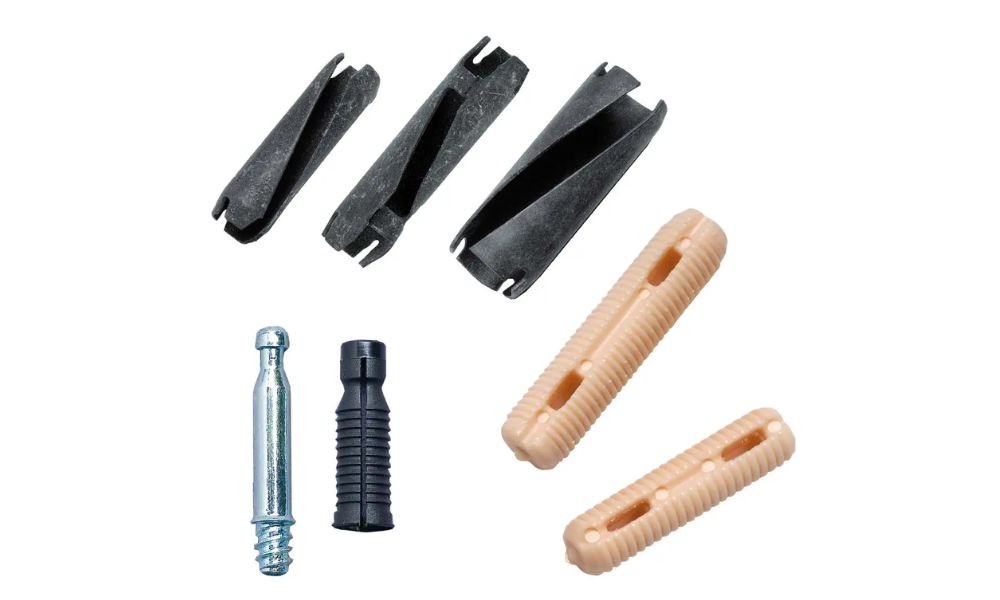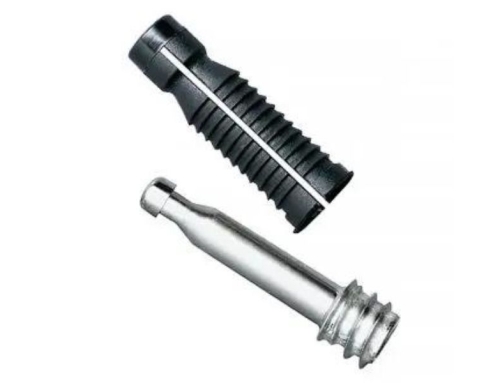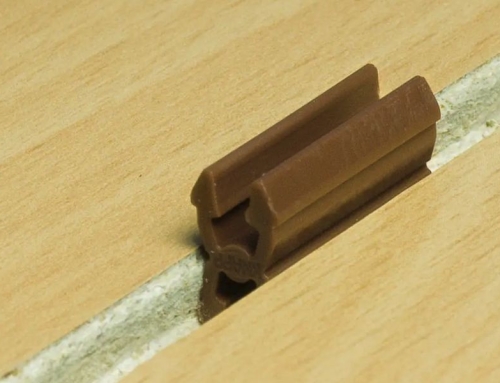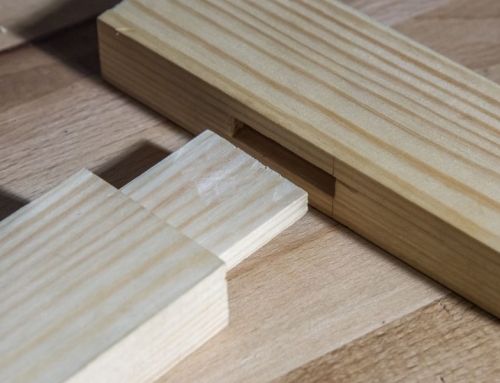Fasteners are the unsung heroes of the manufacturing and woodworking industries. They hold everything together, from furniture to structures, yet we often overlook their importance. While metal fasteners have been dominating the industry for years, there is a new player in town that is gaining popularity for its numerous benefits—plastic fasteners!
Before you dismiss them as flimsy or inferior, let’s take a closer look at the advantages of using plastic fasteners and how they may revolutionize your assembly process. Here are the top advantages of using plastic fasteners.
Lightweight and Versatile
Plastic fasteners are lightweight, which makes them ideal for use in industries such as aerospace and automotive. They can also be customized to fit any application with ease. Plastic fasteners are often made from materials such as nylon and polypropylene, which make them highly adaptable. On the other hand, metal fasteners are often limited in their uses.
Corrosion Resistance
When you build a structure, you want to ensure it will maintain its durability and strength. Plastic fasteners have a unique advantage over metal fasteners because they do not rust or corrode. This characteristic makes them a great choice for applications that require exposure to harsh weather conditions, especially those near salt water.
Easy To Install
Another advantage of plastic fasteners is that they are easy to install. Because of their lightweight nature and the fact that they’re often designed for snap-fit assembly, they can be installed more quickly than metal fasteners, which can require additional parts or tools to be assembled.
Cost-Effective
Cut down on expenses that go into preparing your tool kit. Plastic fasteners are less expensive than metal fasteners. This is because plastic materials are cheaper to produce and mold than metal, which decreases the overall production costs. In the long run, this can result in significant savings for businesses.
Safe
Metal fasteners can be dangerous in certain applications because they can cause sparks, which can lead to explosions or fires. Plastic fasteners do not conduct electricity, which makes them safer than metal fasteners. This is particularly important for those working near electrical wiring, where safety is of utmost importance.
Plastic fasteners bring to the table a host of advantages. Their high strength ensures they maintain their form and do not heat up or deform under pressure. These fasteners also prove adaptable, suitable for use in soft materials, and able to be designed to meet specific needs. Whether used to secure a circuit board or execute a home DIY project, plastic dowel connectors stand as versatile, durable, and economical choices.





